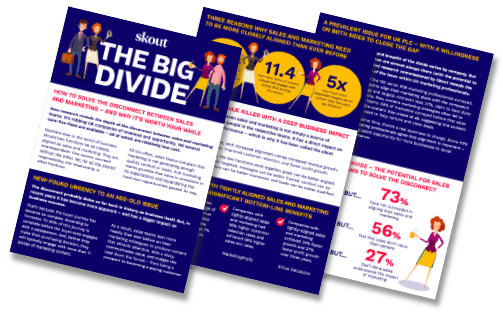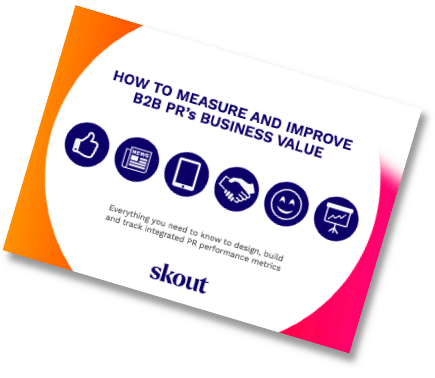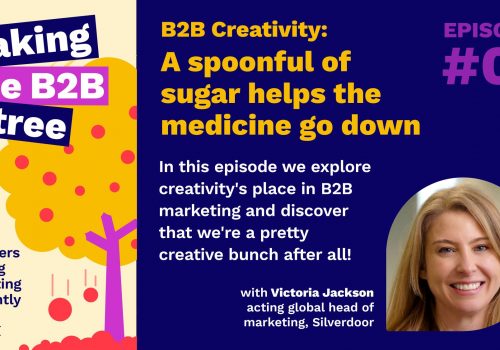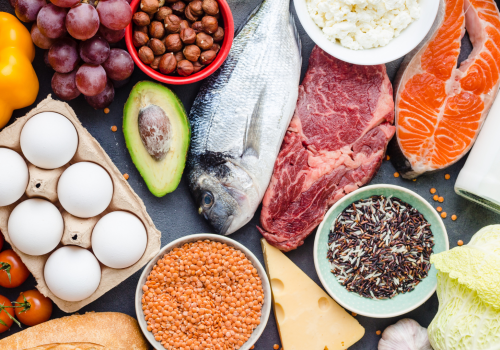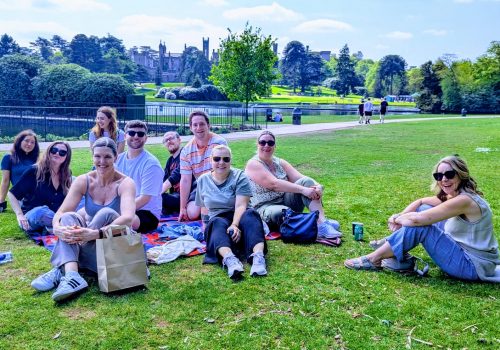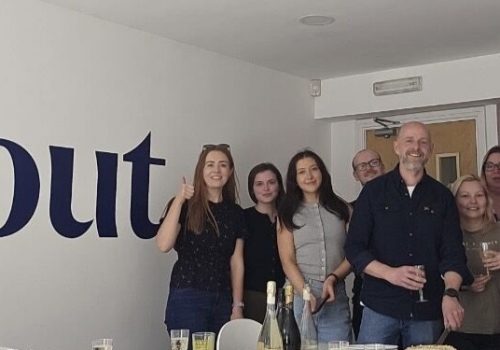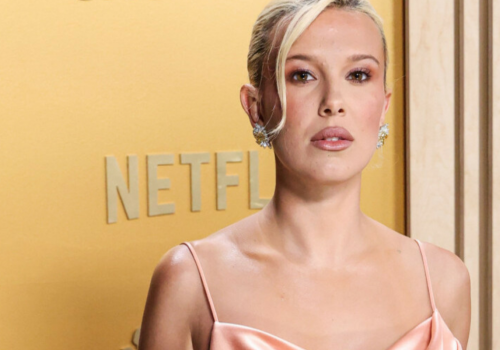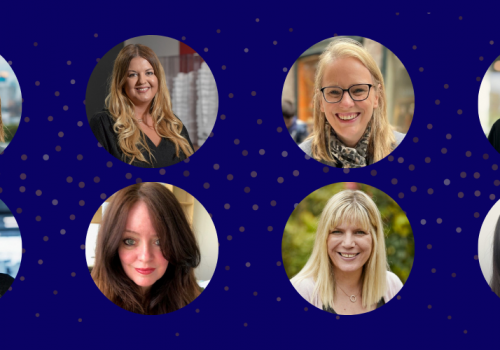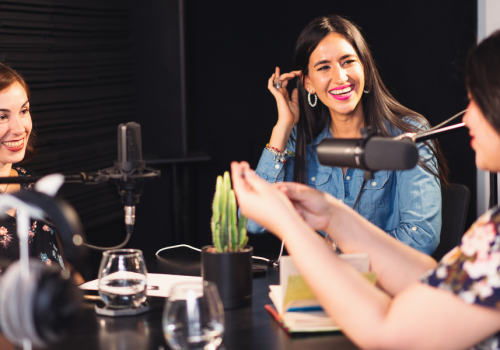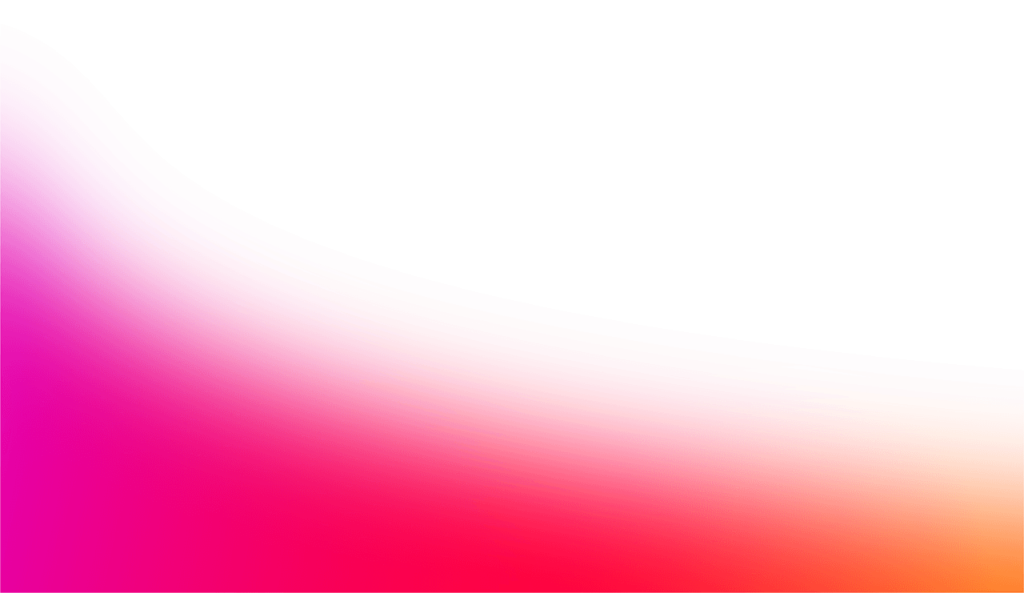Renowned film director (and personal favourite of mine), Martin Scorsese, recently claimed that streaming services are ‘devaluing’ cinema by reducing films to ‘content’. Scorsese commented that “If further viewing is ‘suggested’ by algorithms based on what you’ve already seen, and the suggestions are based only on subject matter or genre, then what does that do to the art of cinema?” Are these algorithms stopping us from thinking outside the box?
Scorsese’s comments don’t just ring true to the film industry. Algorithms are playing an increasingly important role in shaping our lives, making decisions on what news we access, what routes to take on our journeys and even who we date and how we vote. And while they offer convenience, structure and informed decision making in a world full of choice, could it also be true that they stifle our interests and creativity by putting us into boxes that are becoming increasingly hard to climb out of?
Algorithms are making significantly consequential decisions in our lives, to the point that if every algorithm suddenly stopped working, our world as we know it would cease to exist. And as we live in an even more digitalised world through lockdown, there’s just no escaping our reliance on algorithms. I don’t think it’s even a question of whether they are structuring our lives but more a question of whether we are happy for them to do so. We live in such a fast–paced world where we look for instant gratification, through an increasingly limited concentration span. These algorithms might be stopping us discovering something we might otherwise have done.
For the most part, we don’t want to think much about our everyday decisions. Why spend hours searching for the best energy supplier when a machine can do it for you, faster and more accurately? Living in such a fast-paced world has meant that we rely on our environment to be just as fast and straight forward. Instead of spending hours trawling through energy supplier websites, we would much rather be relaxing and watching Netflix, but even then, as Scorsese pointed out, we don’t want to spend time deciding on what film to watch, mainly because there is so much choice available to us through the rise of the streaming service.
But while algorithms provide us with convenience in a world filled with choices, most would argue that there comes a point where freedom of thought is critical. A shared version of reality is paramount to any progressive, democratic society and it could be said that by boxing people up into segregated echo chambers, we are preventing the opportunity to connect with things outside of our own limited worlds. Be it through art, music or television, or even areas such as the news that we consume and the people we connect with, these algorithms could siphon off opinion sharing, political discourse and nuanced conversation.
While a structured life offers comfort and ease, we know that often the best experiences happen when we step out of our comfort zone and try new things. And while we may be physically locked away from the rest of the world during this pandemic, it might be a better time than ever to grow within ourselves by trying something new.
I’m definitely not saying to go with a more expensive energy supplier as some sort of enlightened way of taking the power back – no pun intended. But if algorithms are stopping us from thinking freely, perhaps avoid the ‘watch next’ button on YouTube or try a book recommendation from someone outside of your immediate social circle. You could have a go at cooking something you’ve never eaten before (get it from that old recipe book that you haven’t picked up for years, instead of that aesthetically pleasing insta-post). Avoid limiting all of your news and information consumption to what you see on your social channels. Trying something new can open up a world of possibilities, of which we know there are plenty out there. After all, we all know the saying ‘you are what you eat’ and it’s not called a ‘feed’ for nothing.


